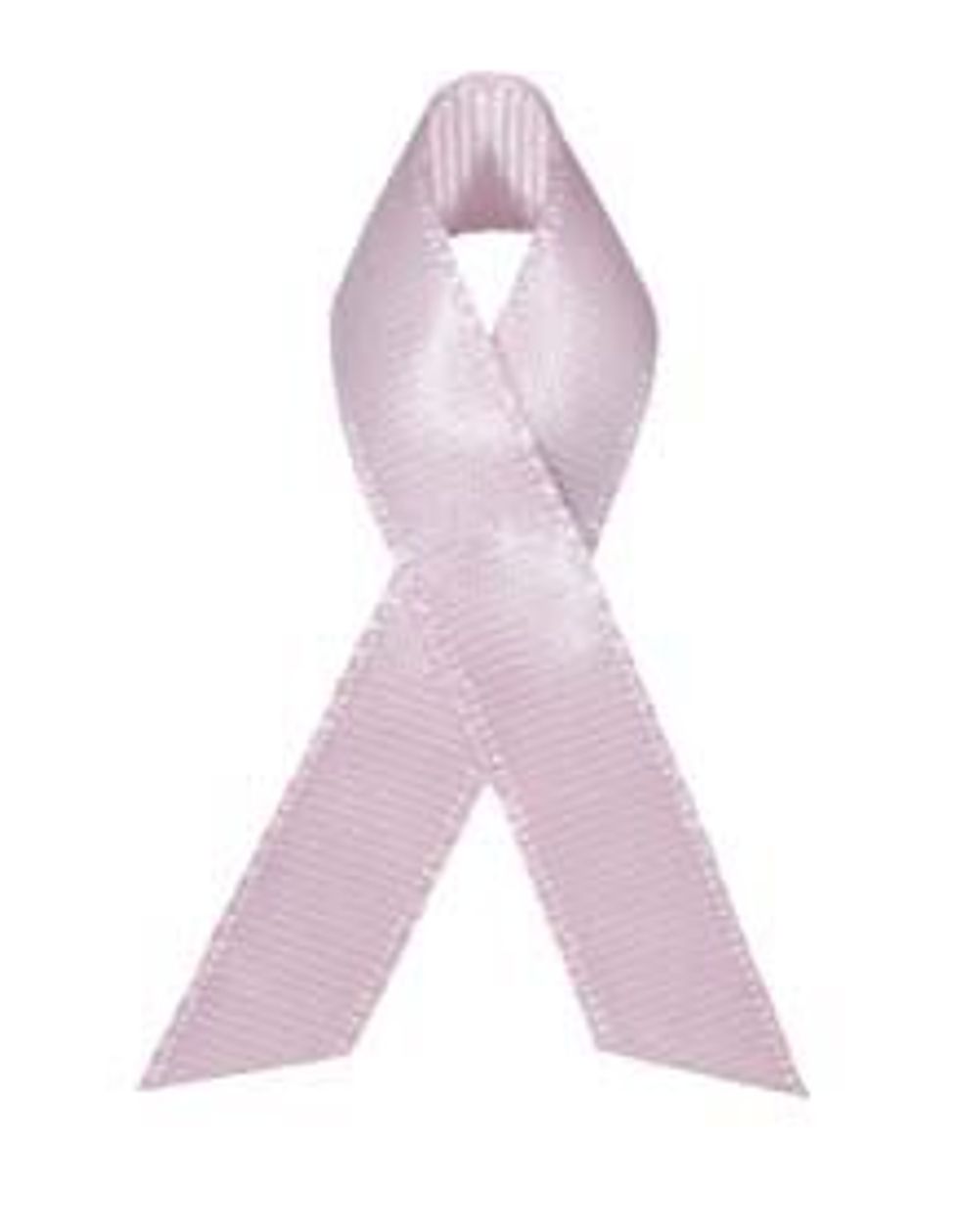

Sheryl Kraft
Sheryl Kraft, a freelance writer and breast cancer survivor, was born in Long Beach, New York. She currently lives in Connecticut with her husband Alan and dog Chloe, where her nest is empty of her two sons Jonathan. Sheryl writes articles and essays on breast cancer and contributes to a variety of publications and websites where she writes on general health and wellness issues. She earned her MFA in writing from Sarah Lawrence College in 2005.
Full BioLearn about our editorial policies
Medically Reviewed
If I sound excited about a new month, well, that's because the month of October means so many things to me. First of all, not only are the trees wearing leaves of gorgeous oranges, reds and yellows, but the world seems awash in pink. I rejoice in the fact, too, that I am blessed to be celebrating another birthday this month, especially since on December of 1988, I was truly convinced I was dying.
Getting a breast cancer diagnosis at 34 came as quite a shock. After all, what were the odds? (Well, actually they were greater than I realized: from birth to age 39, one woman in 231 will get breast cancer.)
Back then, a lot less was known about the disease than today. Now it's hard to look anywhere without reading about a celebrity who just got diagnosed, a new study finding another breakthrough treatment, a new cure on the horizon. But most of all, the amount of support, compared to 20 years ago, is astounding. Just this morning, while at a medical center, I eyed three notices taped to the inside walls of the elevator. One was for a pre-mastectomy class; another for a breast cancer support group for husbands and the third for post-surgery yoga classes.
I know for sure that if any or all of these services were available when I went through breast cancer, many burdens - if not eliminated - would at least have been eased and I most likely would have been mentally healthier.
Here's some interesting news: the incidence of breast cancer grew between 1980 and 1987. Why? The likelihood is that there was a growing use of mammography. Then, after 1994, the incidence climbed again - and many experts attribute this to the expanding use of hormone replacement therapy (which you probably know that in 2002 was deemed to increase the incidence of breast cancer). So it comes as no surprise that between 2002 and 2003 the incidence of breast cancer then
declined - thankfully, many women stopped their hormones after hearing these reports.
I have some birthday wishes for this month. I know, I know. You're supposed to make a wish and blow out the candles without revealing your special wish. But since my wishes are so important, I'll break that superstition:
- Recognize that breast cancer is a disease that affects us all . You might not have it - but chances are huge that you have a sister, mother, aunt, father (yes, men get it, too), acquaintance, co-worker, friend or neighbor - who has struggled with the disease. Not sure how to deal with someone who has breast cancer? Here's some advice.
- Make your appointment to have your mammogram or any other appropriate screening - and KEEP IT. It's never too early: my own breast cancer was detected through a routine, first-time mammogram. I was much younger than protocol dictated; but thanks to an astute doctor who ordered a baseline because of my dense, lumpy breasts my cancer was diagnosed early. And if you feel a lump and the doctor poo-poos it - but deep in your gut you don't feel right about it - go to another doctor. Have it re-checked. Or have it out. You have the right and the choice to say "I want the lump out." I know too many people who took matters into their own hands after being told "it's nothing" only to find out that, just like they thought, it was indeed "something." And conversely the same, unfortunately, is true.
- Live your life proactively. While you may not be able to control things that increase your risk - like genetics or age - lifestyle changes and choices go far in helping prevent the disease. Be aware of your exercise, diet, alcohol consumption and stress levels and keep them within healthy limits. While this does not guarantee you'll never get breast cancer, it does give you some measure of control.
- If there's a family history of breast cancer, let your doctor know. Genetic testing is available and this may give you some valuable information. Keep in mind, though, that a about 80 percent of breast cancers are NOT related to family history. And, by the way, both your mother's AND father's families affect your risk equally.
- Remember that if you're one of the 1.6 million women in the U.S. who needs a biopsy, the numbers are in your favor: about 20 percent of breast biopsies turn out to be cancer.
- Remember this, too: when detected early, breast cancer's five-year survival rate is 98 percent.
And please - help grant me one or more of my birthday wishes. It'll make the cake taste so much sweeter!
You may also want to read:
Overcoming the fear of breast cancer
Breast cancer and sexuality
You might be interested in





